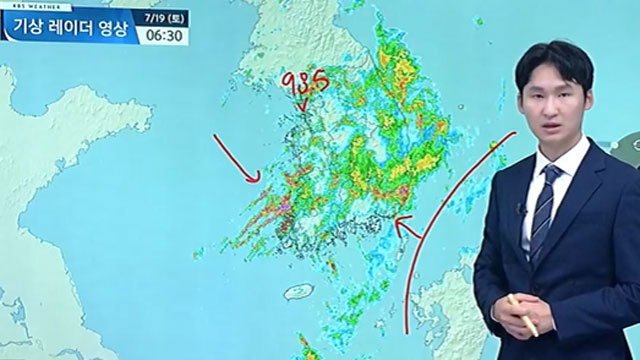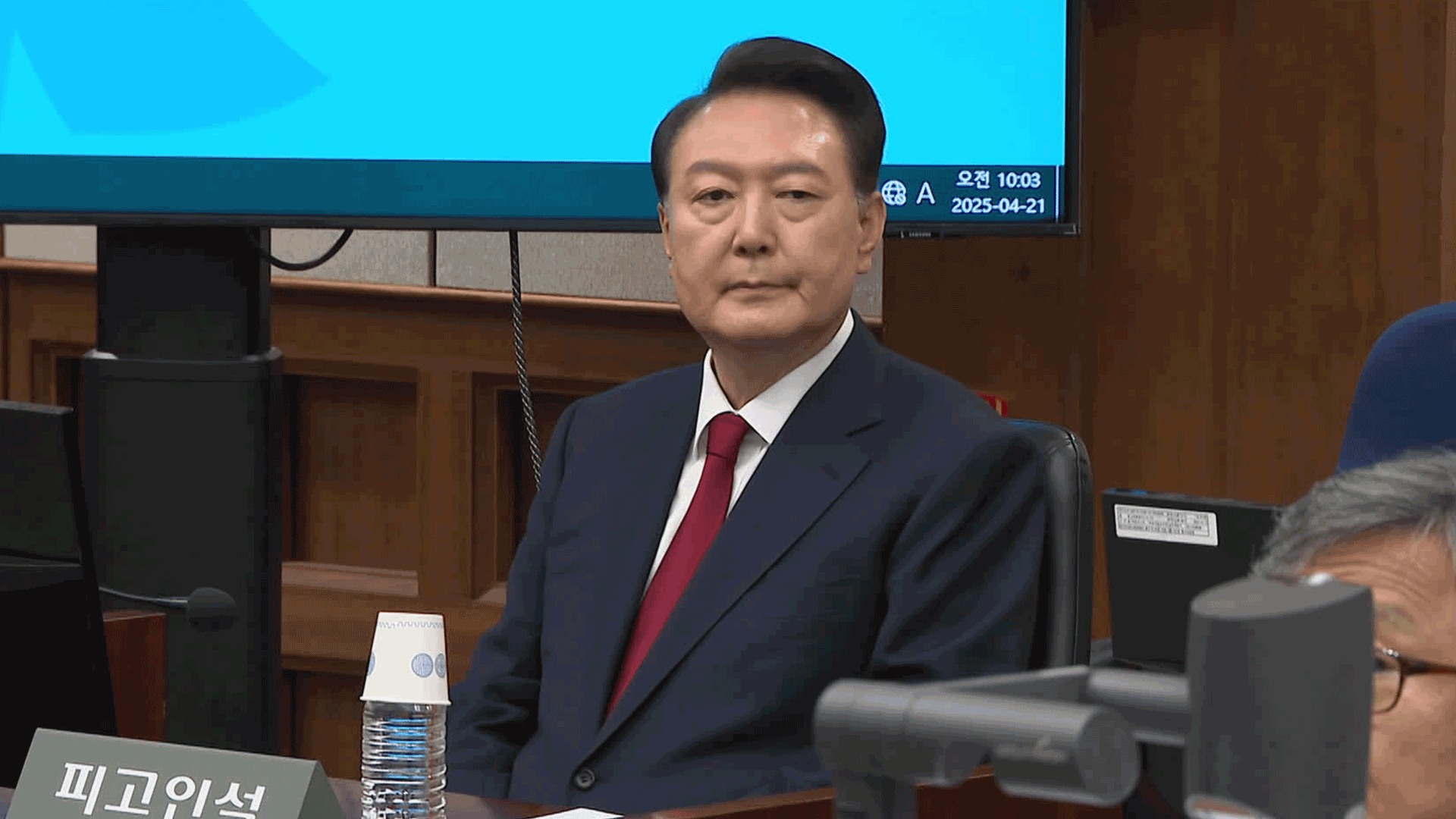[News Today] 52-HR WORKWEEK EXEMPTION FOR CHIPS
입력 2024.11.29 (16:18)
수정 2024.11.29 (16:20)
읽어주기 기능은 크롬기반의
브라우저에서만 사용하실 수 있습니다.
[LEAD]
A special bill supporting the semiconductor industry is facing delays in the National Assembly over a controversial provision. An exception to the 52-hour workweek. Disagreements between political parties are causing the holdup. The semiconductor sector has consistently highlighted challenges posed by current work hour regulations. There are also concerns about potential infringements on workers' health rights. Here's more.
[REPORT]
South Korea's semiconductor sector faces a tough global environment marked by fierce competition, supply chain changes and expanded investment by rival countries.
A special bill aimed at increasing government support for the sector has been introduced but failed to pass the parliament plenary session on Thursday.
The biggest sticking point is whether to allow an exception to the 52 hour workweek rule.
The chip sector requests that regulations regarding work hours, night shift and holiday work be flexibly eased at least for those in research and development.
Kim Jung-hoi / Vice chair, Korea Semiconductor Industry Association
Korea was able to catch up with the U.S. and Japan thanks to speed, but can we say that's still our strength.
They argue that as exceptions are allowed for high income professionals in countries such as the U.S. and Japan, South Korea should also expand the right to choose one's work hours.
Prof. Kim Hee-sung / Kangwon Nat'l Univ. law school
Success depends on how much the core personnel inject work hours in a focused manner. If computers are logged out, power shuts down at 6 p.m. sharp.
The government supports the bill's passage but the opposition and labor sector are against it, fearing long hours of labor.
Kim Moon-soo / Minister of Employment and Labor
The bill should pass to give considerable flexibility for the semiconductor R&D field.
Prof. Jung Young-hoon / Pukyong Nat'l Univ.
If pressured, individual workers will inevitably have to consent. We need complementary measures for such concerns.
It's still possible the bill could get approved at the National Assembly next month.
But the key will be to what degree the law stipulates procedures on workers' concent and mandatory measures on protecting users' health.
■ 제보하기
▷ 카카오톡 : 'KBS제보' 검색, 채널 추가
▷ 전화 : 02-781-1234, 4444
▷ 이메일 : kbs1234@kbs.co.kr
▷ 유튜브, 네이버, 카카오에서도 KBS뉴스를 구독해주세요!
- [News Today] 52-HR WORKWEEK EXEMPTION FOR CHIPS
-
- 입력 2024-11-29 16:18:24
- 수정2024-11-29 16:20:00
[LEAD]
A special bill supporting the semiconductor industry is facing delays in the National Assembly over a controversial provision. An exception to the 52-hour workweek. Disagreements between political parties are causing the holdup. The semiconductor sector has consistently highlighted challenges posed by current work hour regulations. There are also concerns about potential infringements on workers' health rights. Here's more.
[REPORT]
South Korea's semiconductor sector faces a tough global environment marked by fierce competition, supply chain changes and expanded investment by rival countries.
A special bill aimed at increasing government support for the sector has been introduced but failed to pass the parliament plenary session on Thursday.
The biggest sticking point is whether to allow an exception to the 52 hour workweek rule.
The chip sector requests that regulations regarding work hours, night shift and holiday work be flexibly eased at least for those in research and development.
Kim Jung-hoi / Vice chair, Korea Semiconductor Industry Association
Korea was able to catch up with the U.S. and Japan thanks to speed, but can we say that's still our strength.
They argue that as exceptions are allowed for high income professionals in countries such as the U.S. and Japan, South Korea should also expand the right to choose one's work hours.
Prof. Kim Hee-sung / Kangwon Nat'l Univ. law school
Success depends on how much the core personnel inject work hours in a focused manner. If computers are logged out, power shuts down at 6 p.m. sharp.
The government supports the bill's passage but the opposition and labor sector are against it, fearing long hours of labor.
Kim Moon-soo / Minister of Employment and Labor
The bill should pass to give considerable flexibility for the semiconductor R&D field.
Prof. Jung Young-hoon / Pukyong Nat'l Univ.
If pressured, individual workers will inevitably have to consent. We need complementary measures for such concerns.
It's still possible the bill could get approved at the National Assembly next month.
But the key will be to what degree the law stipulates procedures on workers' concent and mandatory measures on protecting users' health.
이 기사가 좋으셨다면
-
좋아요
0
-
응원해요
0
-
후속 원해요
0















이 기사에 대한 의견을 남겨주세요.